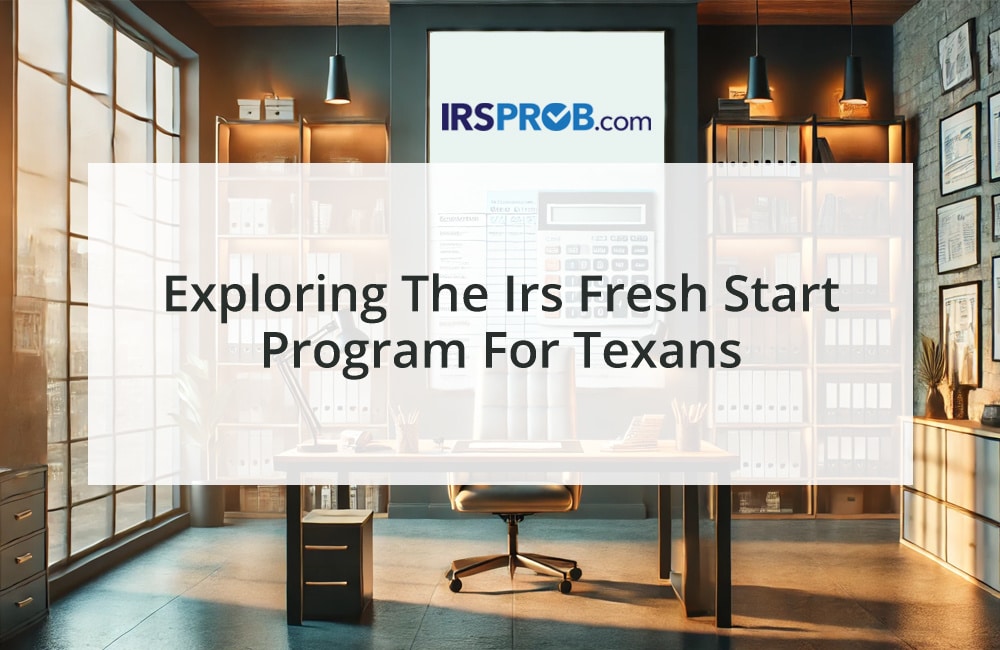
One of the perks of running your own business is the ability to employ family members, but this comes with unique tax implications that every business owner should be aware of. While it may seem straightforward, the tax treatment for hiring family members can vary depending on the relationship and the structure of your business. Understanding these nuances can save you money and help you stay compliant with tax regulations.
Employing Your Child in a Sole Proprietorship
If your business is a sole proprietorship or a partnership where each partner is the parent of the child, employing your child comes with some tax advantages. Payments for services rendered by your child are subject to income tax withholding, regardless of their age. However, if your child is under 18, their wages are not subject to Social Security and Medicare taxes (FICA), and if they are under 21, their wages are exempt from Federal Unemployment Tax Act (FUTA) taxes. This can be a significant saving for your business.
Moreover, employing your child can shift income from your higher tax bracket to their lower one, potentially reducing your overall tax liability. For example, if your child earns $21,600 in a year and contributes to a traditional IRA, they could have zero taxable income, thanks to the standard deduction and retirement contributions. This strategy can be a win-win, benefiting both your family and your business.
However, it’s crucial that the child is a bona fide employee, meaning they must perform legitimate work, be paid for their services, and receive reasonable compensation. Failure to meet these requirements could result in the IRS disallowing the tax benefits.
Employing Your Spouse: What You Need to Know
Hiring your spouse to work in your business also has its own set of tax implications. If your spouse is an employee rather than a business partner, their wages are subject to income tax withholding and FICA taxes but are exempt from FUTA taxes. One advantage of employing your spouse is that they can be covered under your employee health insurance plan, allowing you to deduct health insurance costs against your self-employment income.
If both spouses actively participate in running the business, you might consider forming a qualified joint venture. This allows you to file as a sole proprietorship for federal tax purposes while ensuring both spouses receive credit for Social Security earnings, which can be crucial for retirement benefits.
Employing Parents or Other Family Members
If your business is a sole proprietorship and you employ your parents, their wages are subject to income tax withholding and FICA taxes but are exempt from FUTA taxes. On the other hand, if your business is a corporation, partnership, or estate, the wages of employed family members, including parents, are subject to all the usual employment taxes.
Important Considerations
When employing family members, always ensure that their roles and compensation align with what would be paid to any non-family employee in a similar position. The IRS closely scrutinizes these arrangements, and any perceived manipulation of tax obligations can lead to audits or penalties.
Additionally, when hiring family members, it’s essential to keep detailed records of the services performed and the wages paid. This documentation can help support your tax filings if the IRS raises any questions.
Conclusion
Employing family members can offer various tax benefits, but it also comes with its own set of responsibilities and potential pitfalls. By understanding the rules and planning accordingly, you can make the most of these arrangements while avoiding any unintended consequences. As always, consult with a tax professional to ensure that your employment practices are both beneficial and compliant with current tax laws.









